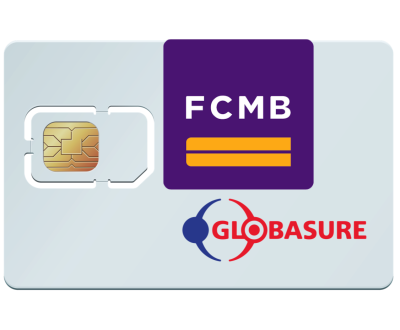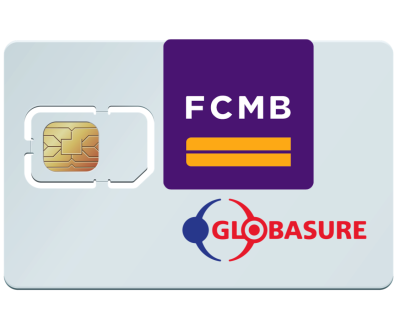Financial technology also referred to as FinTech, is the new technology and innovation that aims to compete with traditional financial methods in the delivery of financial services.
This is a fast-rising sector in Nigeria as there has been significant investment in technology and investments in recent years.
This brief write-up will essentially focus on what must be known before registering a FinTech company and the guidelines for registering a FinTech company in Nigeria.
Type of FinTech Business:
The first thing to identify is what category of FinTech business is being engaged, taking into consideration some parts of the general FinTech business that are prohibited in Nigeria. The Central Bank of Nigeria (CBN) has restricted banks and other regulated financial institutions from dealing in virtual currency, as they are not legal tender in Nigeria, and therefore, they have no legal protection in Nigeria. This finding will help to stream down the regulatory bodies that govern them and know the required licenses to be obtained, as they are various licenses under the e-payment solution.
Mandatory License:
The license required depends on the FinTech industry you intend to focus on e.g. insurance, banking, and payment, etc.
The Central Bank of Nigeria recently introduced a licensing regime called Payment Service Providers required by FinTechs to operate in the e-payment space. These are categorized into 3 licenses namely; Super, Standard & Basic. The amount required to play at the different tiers ranges from a minimum of N100 million to 5 billion.
Some FinTech Startups don’t obtain the requisite licenses but enter into an agreement with existing operators with a valid license within the financial industry by way of service level agreements or technical partnerships, which allows them to deliver these services under the partner/client financial institutions.
Also, the Nigerian Communications Commission (NCC) regulates FinTech businesses where the FinTech services being offered by a company involves mobile phones pursuant to the Licence Framework for Value Added Service (VAS) issued by the NCC.
FinTech Investments:
Generally, there are no special funding requirements and special incentive schemes for investment in FinTech business in Nigeria. However, there are some incentives generally available in Nigeria, which may be relevant to the FinTech industry. These incentives were adopted by the Nigerian government to encourage both local and foreign investors to invest in Nigeria. They include Pioneer status, incentives for venture capital companies, and Deduction for Research & Development.
Registration with Corporate Affairs Commission(CAC):
Every individual or local or foreign company wishing to establish a Fintech startup or entity in Nigeria must incorporate a separate company with the CAC. The procedure for company registration with the CAC is as follows:
- Check for availability of proposed company name with Corporate Affairs Commission (CAC) and reserve it
- The information to be included in an Application form for Registration of a Company (Form CAC 1.1) are:
- Address of the registered office of the company
- Authorized Capital of the Company- the regular authorized share capital for a local company is One Million Naira (N1, 000,000).
- Particulars of 2 Directors and Shareholders.
- Statutory Declaration of Compliance with the requirements of CAMA by a Legal Practitioner
- The documents required for the second stage and completion of the incorporation with CAC include:
- Signed and Stamped Copies of the Memorandum and Articles of Association
- Original documents authorizing the incorporation where applicable.
- Photocopy of the information page of the passport or the national identity card of each director or shareholder.
Furthermore, there are other registrations required by law to be carried out by a company with foreign shareholders. They include:
- Registration with the Nigeria Investment Promotion Commission (NIPC):
- Business Permit:
- National Office of Technology Acquisition and Promotion (NOTAP) Registration:
In Conclusion, registering a company with the FinTech related objects with the CAC must commence the setting up of a Fintech company in Nigeria. Upon the registration of the said company with the CAC, the company must now apply for requisite licenses with other regulatory agencies, which may include the Central Bank of Nigeria and the Nigerian Communication Commission (NCC). A FinTech company seeking to engage in a money lending business may also obtain a license from the various state government agencies regulating the money lending business.
Source: Corporate & Commercial Law Team at Resolution Law Firm
More from our blog
See all postsRecent Posts
All Website Tags
Leave a Comment cancel
This site uses Akismet to reduce spam. Learn how your comment data is processed.








 WhatsApp us
WhatsApp us